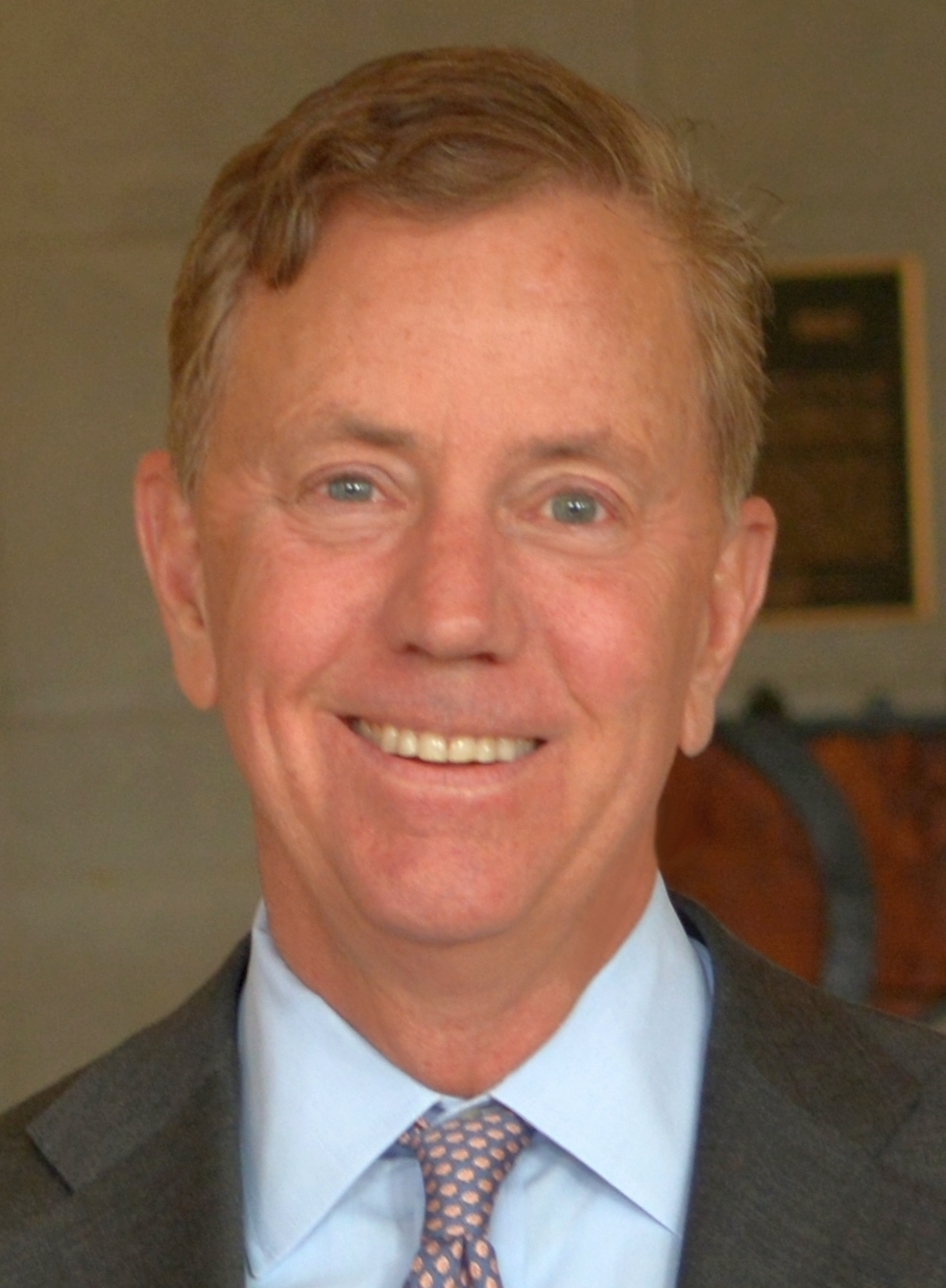
Wikimedia Commons
Connecticut Gov. Ned Lamont joined the governors of other Northeastern states Monday to announce a collaborative plan for reopening businesses once the spread of coronavirus declines.
In the teleconference, which included the governors of New York, Pennsylvania, Massachusetts, Rhode Island, New Jersey and Delaware, the states determined that they would each name one public health official, one economic official and the chief of staff of each state to a multi-state council. According to Lamont, the mission of the council is twofold: “to gradually lift the states’ stay-at-home orders while minimizing the risk of increased spread of the virus.”
Though the seven states might not follow identical timelines, Lamont described the council as an effort to develop “a fully integrated regional framework.” None of the state officials have published dates for when their non-essential businesses might open.
On Friday, Lamont issued an executive order saying that non-essential businesses and schools would remain closed until at least May 20 in Connecticut. Several of the governors warned against haphazard measures for opening the economy, saying these could trigger a second wave of COVID-19 infections.
“This is not a light switch that we can just flick on and everything goes back to normal. We have to come up with a smart, consistent strategy to restart the systems we shut down … we want to do that through a regional approach because we are a regional economy,” said Gov. Cuomo of New York.
Cuomo added that New York is reaching a “plateau” in its number of coronavirus cases, where cases are not decreasing but are also not increasing at the same rapid rate as before.
“Now it is time to start opening the valve slowly and carefully while watching the infection rate meter,” said Cuomo.
Connecticut, on the other hand, is not expected to reach its peak in the number of COVID-19 cases until late April or early May.
Republican leader of the State Senate Len Fasano suggested to Lamont that he adopt a county-specific approach in reopening the economy, treating rural and urban counties differently. Lamont responded that this would incentivize traveling within Connecticut, which could potentially be dangerous.
“One thing that’s undeniable is that this virus does not stop at the border of any county, state or country, but the impact is the same when it comes to our respective economies and healthcare systems … We must solve these problems together,” said Lamont.
Former PepsiCo CEO Indra Nooyi, one of the governor’s chief academic advisers, will serve on the Connecticut task force, along with Yale School of Public Health epidemiologist Albert Ko and Lamont’s chief of staff.
Ella Goldblum | ella.goldblum@yale.edu
Interested in getting more news about New Haven? Join our newsletter!







